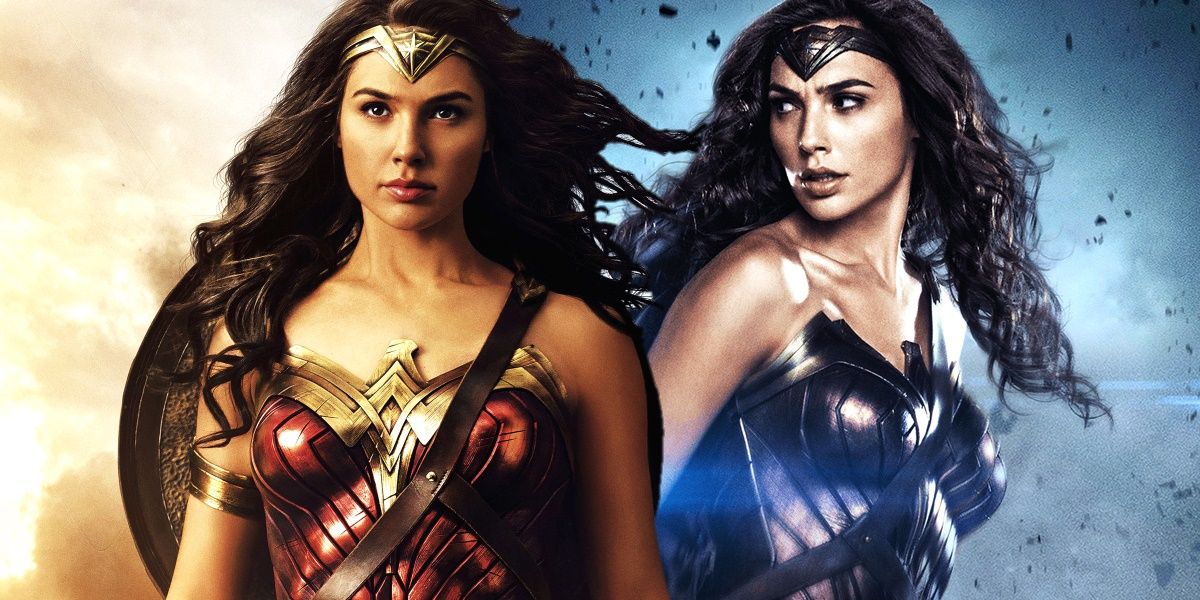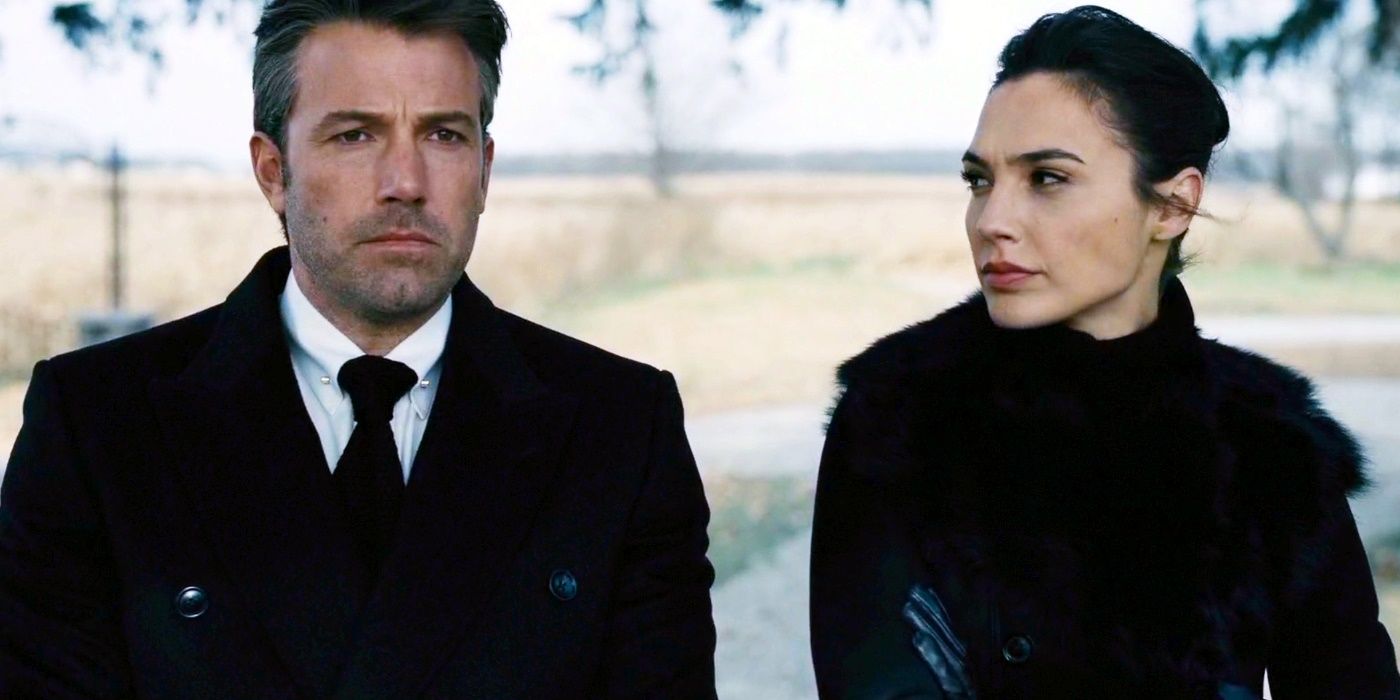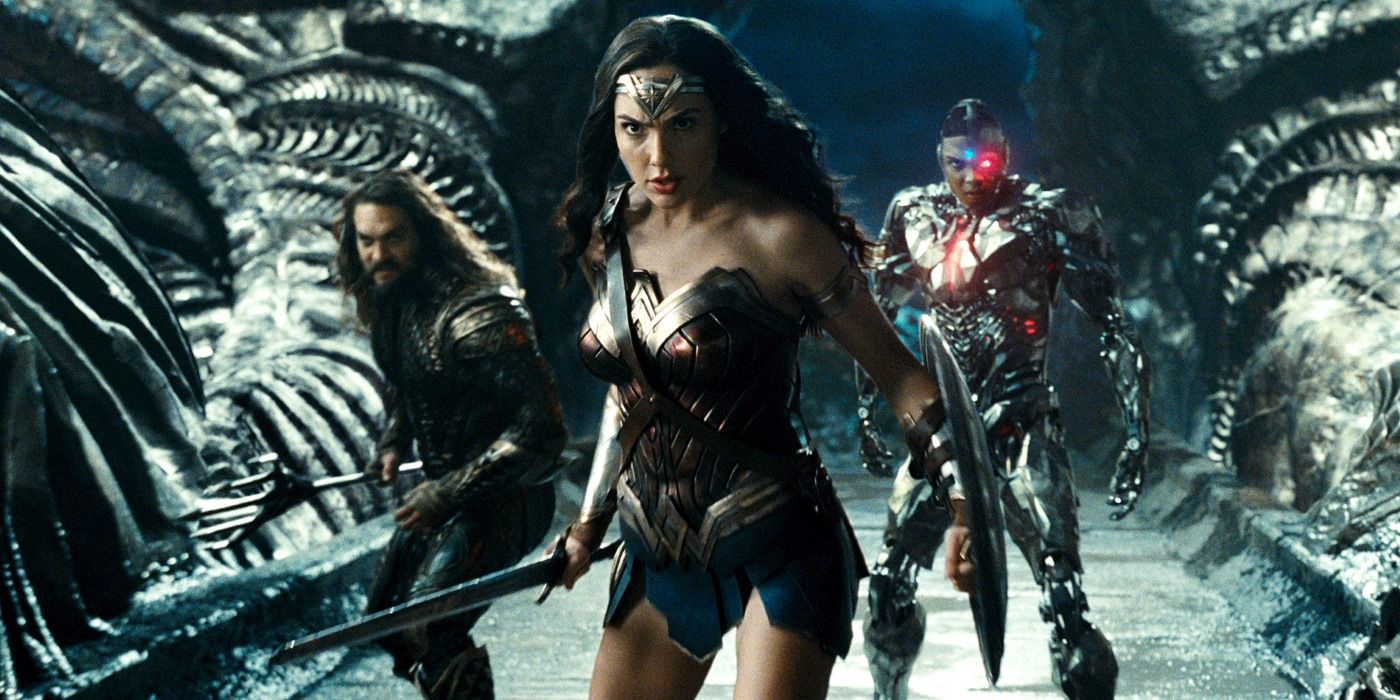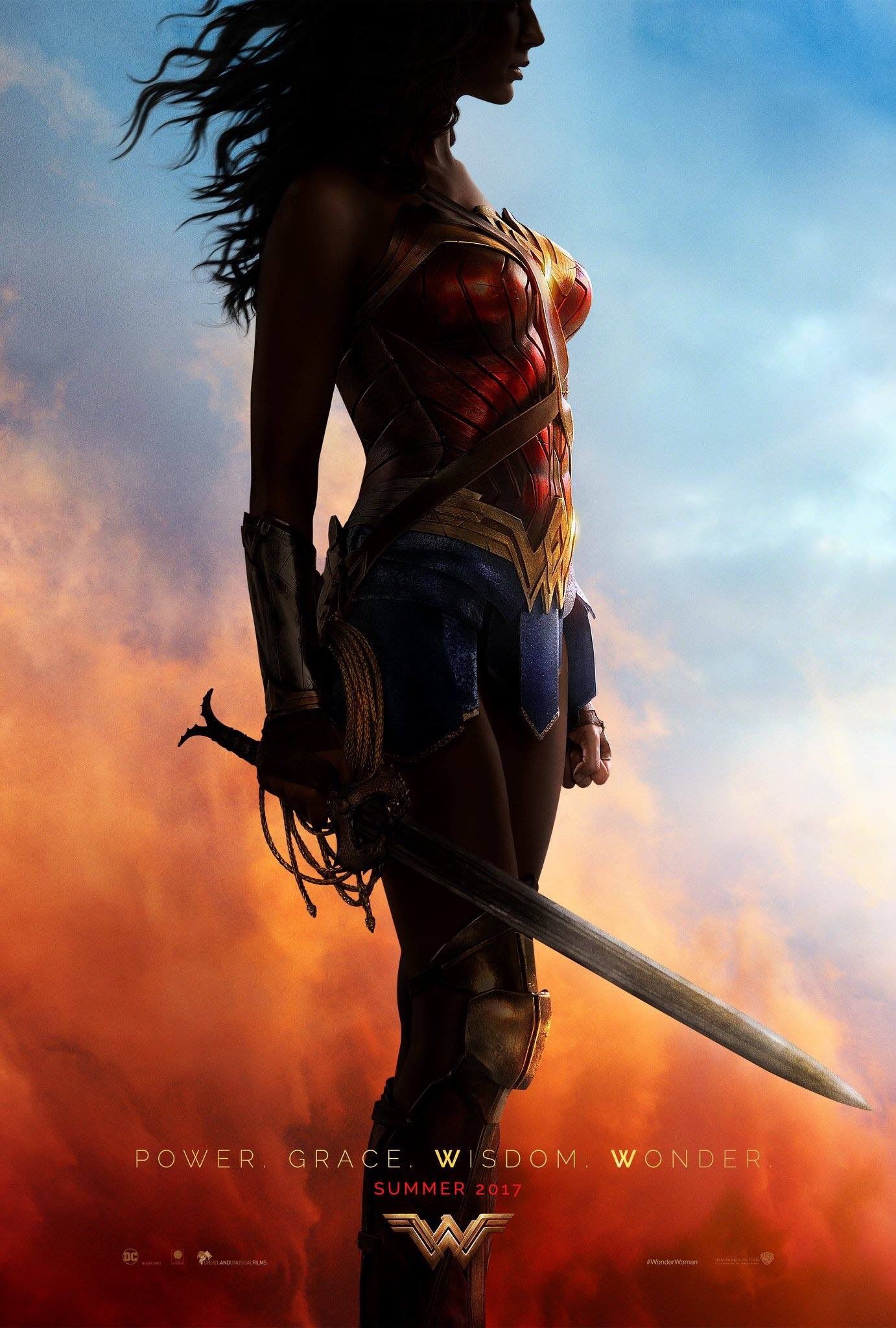Wonder Woman's origin movie has yet to be told, but the question of how this bright-eyed, heroic Diana becomes the woman who "walked away from mankind" in Batman V Superman is already being raised. Thankfully, director Patty Jenkins has offered an explanation that could make Wonder Woman's story in Batman V Superman richer... even if it wasn't the plan from the very beginning. Either way, Jenkins doesn't see her idealistic heroine as being at odds with the older, more crestfallen or world-weary Diana fans will meet again in Justice League.
That's all assuming that the origin story itself doesn't end in utter tragedy and failure, sending Diana on a century-long spiral. Judging by the early reactions to Wonder Woman, that won't be the case, with Diana's "heroism" and "hope" being particularly praised. That makes sense for a film intended to be a celebration for women around the globe, now that they have a fully-funded blockbuster superheroine of their own. But it does raise the question: what happens to turn Wonder Woman's Diana into the version we already know?
The real issue here is the final scene in Batman V Superman, in which Diana explains why she refused to enter the public eye (or the Doomsday battle) until the final minute. As she tells Bruce Wayne, the photo of her from 1918 was taken before "I walked away from mankind; from a century of horrors. Men made a world where standing together is impossible." Assuming that she somehow manages to attain any victory at all in her origin film, it must be fleeting, since war after war soon followed.
Fortunately, we got the chance to ask Jenkins herself about that missing chapter. And while the director's response may not be the clear-cut, set in stone 'universe canon' some fans will crave, it does allow for both points in Diana's cinematic series to remain true to the core of her character:
"Well, I think that I can only tell the origin story of who she is. I think that there is potentially a misunderstanding between what it means to turn her back on mankind... there could be a difference between having people save themselves and knowing that people must save themselves, and even still, being optimistic and loving about them. I think that they were sort of more [synched] up, but we were aware that her snippet [in Batman V Superman] versus the story that unfolded, you know... there is a journey of time between."
It's not a simple problem to tackle - if it even is a 'problem' - but Jenkins seems to make a strong case. With Zack Snyder and his creative team setting up where Diana's next chapter begins, it would be creatively limiting to demand Jenkins make her film lead directly into it. In fact, it was that inability to tell whatever story she felt was right that saw Jenkins step away from directing Marvel's Thor 2. Even so, the Diana in her own film and the Diana in Snyder's is the same character. Dawn of Justice certainly implies she has been leaving mankind to its own devices, but Jenkins offers an alternate take.
The proposed Wonder Woman movie sequels could shine a light into that mysterious century, but it's most likely fans will need to make due with that explanation for the time being.
In essence, Jenkins suggests that (assuming Wonder Woman ends on some sort of victorious note) Diana may win the day, but ultimately have her eyes opened to the reality of man's world. Instead of grabbing up her sword, shield, armor, and taking responsibility for the world's problems, she realizes she must step back and let it follow its own course. The real key point here isn't whether or not Diana "walked away from mankind" - she admits as much to Bruce - but the esteem in which she held mankind as she surrendered any duty to save it.
Looking at it from the perspective Jenkins suggests, setting Diana up as simply observing mankind while holding onto love and hope for its future makes her role in Batman V Superman and Justice League even richer. You could argue that Superman is a perfect embodiment of the hero, the icon, the 'savior' she chose not to be for the world. Over the course of Snyder's films that means Diana has seen her decision validated, given the torment Superman is put through... until his death shows how much impact a single hero can have.
At the very least, the world's embrace of Superman after his death could give her hope she's apparently been missing by the time she re-emerges. The events of BvS and the new threats of Justice League hopefully show her that mankind isn't capable of defending itself from every enemy. And Unlike World War I, this threat is even beyond the guilt or responsibility of everyday humans... we assume. Unless you want to blame Lex Luthor. Always blame Lex Luthor.




